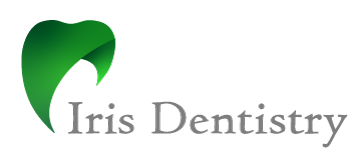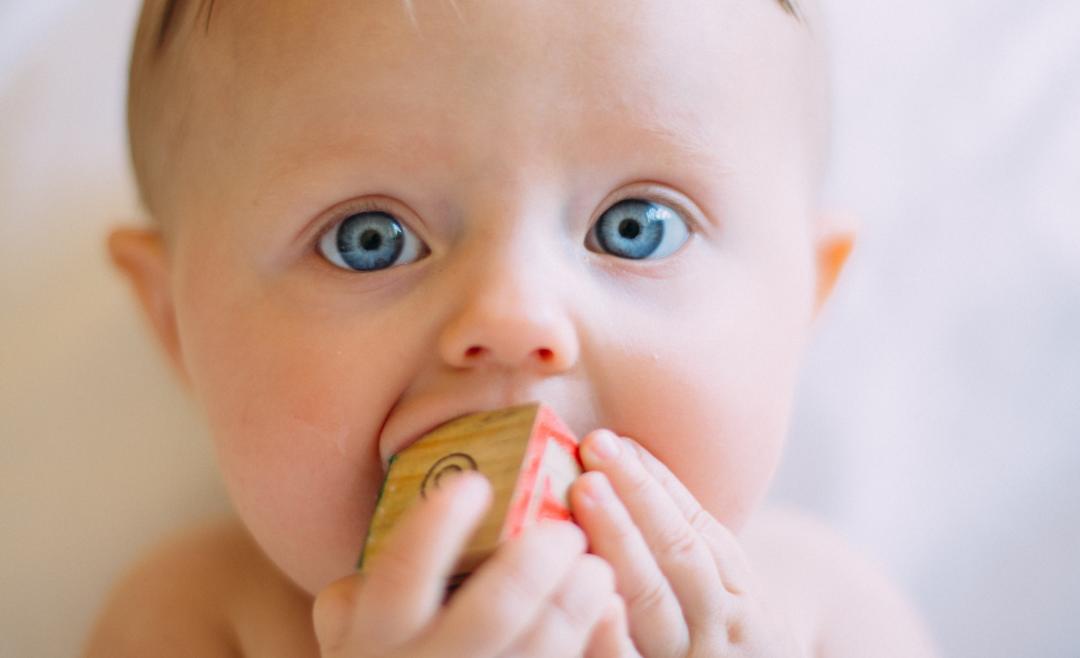With the right dental hygiene routine at the right age, you and your family will have the tools you need for success
Tooth decay can happen at any age. From the moment the first baby tooth arrives there are steps you can take to keep it healthy. One way to spot tooth decay early is to look for white spots on teeth. This is often the first sign that the tooth is losing calcium and minerals needed to keep it strong. If left untreated, tooth decay can lead to pain, loss of teeth and serious infections.
A daily dental hygiene routine can help prevent decay from a young age. Also visiting the dentist every six months to evaluate for cavities and other dental issues.
Here are a few tips to help you keep your child’s oral health at its optimal:
- Be sugar aware: it’s never too early in life, or too late, to think about sugar intake. Some foods and drinks that seem harmless are actually packed with cavity-causing sugar. Avoid added sugars, especially with infants and young children who have virtually no room in their diet for added sugars.
- Drink more water: community water fluoridation is safe and works to prevent tooth decay. That’s why fluoride has been added to drinking water since 1945. Studies have shown that community water fluoridation reduces tooth decay by 25%.4.
- Regular visits to your dental office: it is important to keep regular visits to the dentist, at least, every 6 months, to make sure everything is under control.
- Brush up on your daily oral health routine: brush twice a day and be sure to supervise children to ensure they brush once in the morning and once at night. Right after breakfast and before bedtime are the best times to brush. You may also want to consider an electric toothbrush for kids to aid in plaque removal.
Start brushing as soon as teeth start to appear up until age 3, you don’t really need to use toothpaste. If you decide to use it, choose the right ones, specifically made for little kids.
From ages 3-6 years, you can move up to a pea-sized amount of toothpaste. At this age, it’s best for an adult to assist the child and put the right amount of toothpaste on the brush. Always monitor brushing to avoid any excess swallowing of toothpaste.
Parents should begin flossing children’s teeth as soon as two teeth touch, which is typically around ages 2-3. Flossing should be done once a day, preferably with the evening brushing. Until the age of 10, parents should assist children with flossing. Let them see you floss as well to show it is an essential step in daily dental care for all.
Book your child’s first visit at Iris Dentistry, dentist in Waterloo. We provide dental care for all stages of your life.
Request your appointment online or call us at (519) 886-8980.
Extracted from American Dental Association & Canadian Dental Association.

